Here are the Special Guest, Industry Experts and Community Leaders in the episode of This Week In Energy for February 8, 2025:
In part three of This Week In Energy’s interview, sponsored by The Crude Life, with Christian Wallace, co-creator of Landman the series, he answers the question whether there will be a Season Two of Landman, streaming exclusively on Paramount +.
Christian Wallace is a versatile screenwriter, journalist, and storyteller from West Texas, renowned for his deep insights into American life and culture. Hailing from the small town of Andrews, Texas, Wallace's roots are intertwined with the hardworking ethos of his family, who are cotton farmers, oil field workers, and cowboys. His upbringing in a region shaped by the oil and gas industry provided him with an authentic perspective on the lives and challenges of those connected to the energy sector.

“I grew up in a small town called Andrews. My family are cotton farmers, oil field hands, and working cowboys,” Wallace said.
Wallace pursued higher education with dual BAs in History and English from Texas State University in San Marcos. He further honed his craft by earning a master's degree in writing from the University of Galway in Ireland, combining his passion for history and storytelling into a unique narrative style.
As a journalist, Wallace gained recognition for his work with Texas Monthly and other notable publications, delving into topics ranging from rural culture to the complexities of the energy industry.
“I reported, wrote, and hosted Boomtown, a podcast about the Permian Basin. The series topped the Apple Podcasts chart in the documentary category and has more than five million downloads,” Wallace said. “Taylor Sheridan and I co-created a Paramount+ series loosely based on Boomtown called “Landman”. The show debuted on November 17, 2024.”
“Landman” stars Billy Bob Thornton alongside Demi Moore, Jon Hamm, Andy Garcia, Michael Peña and Ali Larter, as well as Michelle Randolph, Jacob Lofland, Kayla Wallace, James Jordan, Mark Collie and Paulina Chávez.
Warren Martin, Kansas Strong, responds to the question of whether the carbon management industry and government subsidies are creating a divide in the energy industry.
For decades, the oil and gas industry thrived as a free-market powerhouse, pioneering technological advancements and fueling global economic growth. However, an ideological shift has taken hold as environmental regulations, carbon management policies, and government subsidies reshape the industry's landscape.
Once champions of market-driven innovation, oil and gas companies are now rebranding, redirecting funds from climate skepticism to compliance, and embracing government support in ways that contradict their historical opposition to intervention.
A visible shift is the industry's strategic rebranding. Major corporations are abandoning the explicit “oil and gas” labels in favor of more ambiguous terms like “energy.”
For example, Oxy, ExxonMobil, BP, and Shell have leaned into the rhetoric of “low-carbon solutions,” a pivot that obscures their core business while placating regulatory and activist pressures.
This linguistic transformation signals an ideological concession: instead of defending fossil fuels as essential to economic growth, companies are now positioning themselves as climate-conscious energy providers.
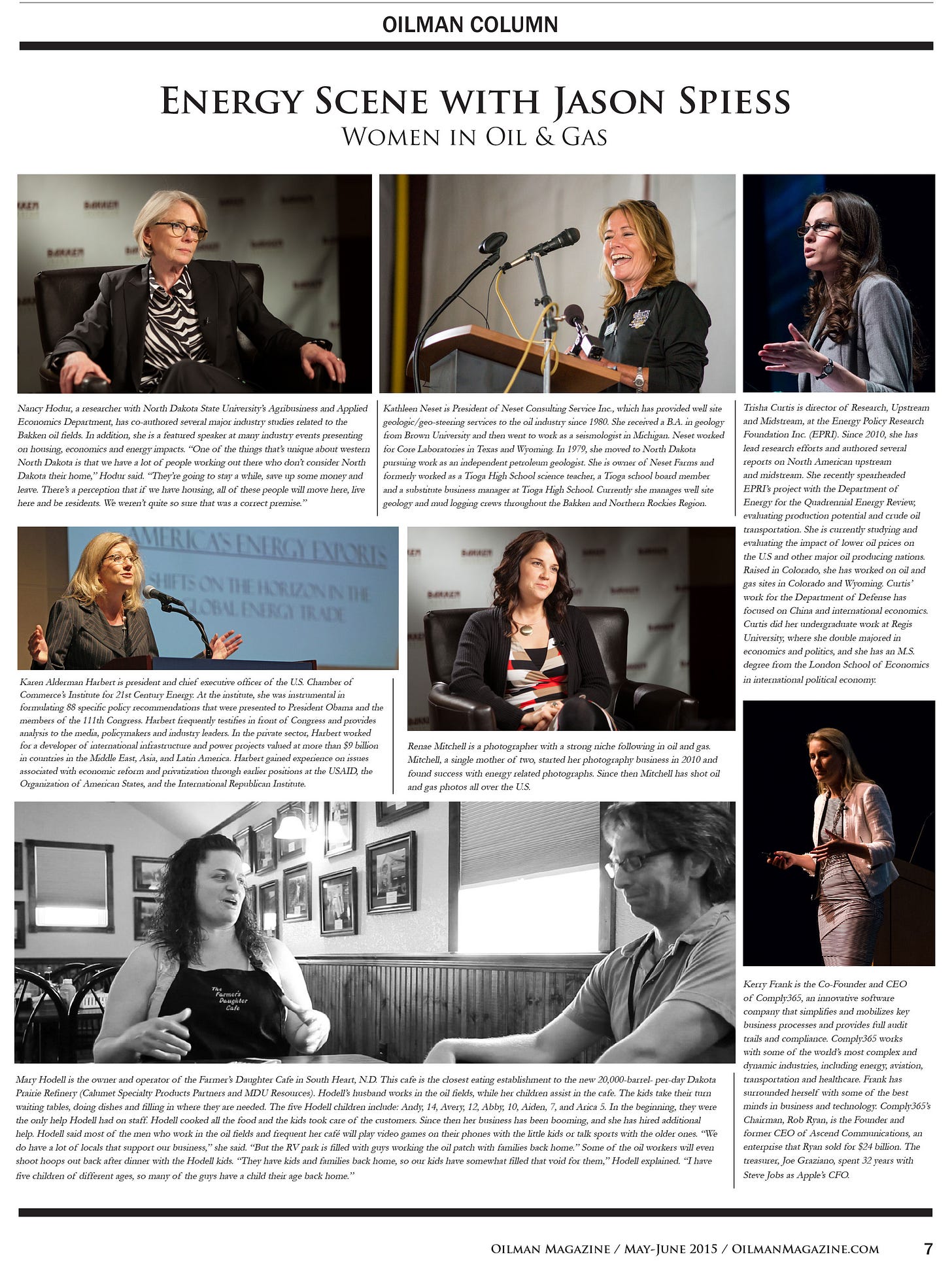
For years, the industry allocated billions toward lobbying efforts, think tanks, and educational campaigns aimed at countering climate change narratives and regulatory overreach. The aim was to resist policies that threatened profitability, such as carbon taxes, emissions caps, and renewable energy mandates.
However, as regulations tightened and public opinion shifted, these same companies found themselves redirecting funds toward meeting compliance standards rather than challenging them. Money once spent on influencing public perception is now used to fund carbon capture projects, sustainability reports, and partnerships with environmental organizations.
One of the most significant ideological shifts is the industry's growing reliance on government subsidies and innovation.
Historically, oil and gas companies prided themselves on self-sufficiency, rejecting handouts in favor of market-driven competition. Today, they actively seek incentives for carbon capture, hydrogen production, and renewable energy projects.
In fact, there is a segment of the oil and gas industry turning into an “over-promising, under-producing” group like the wind and solar industry have done for decades. Those two industries specifically have yet to meet their renewable or environmental goals and unhitch themselves from government control and into the free market.
Programs like the Inflation Reduction Act have funneled billions into these initiatives, making government support an vital part of corporate strategy. Rather than allowing free-market competition to determine energy transition pathways, bureaucratic intervention now dictates investment and innovation priorities.
Bottom line in this interview, the government is now picking winners and loser in the oil and gas sector. With the help of public-private-partnerships and universities; corporations and government are now controlling the oil and gas industry’s finances, innovation and regulatory futures.
However, this transformation comes at a cost. Stifling free market innovation comes with a price too.
Compliance-driven investment often prioritizes optics over operational efficiency. Carbon capture and storage (CCS) projects, while politically favorable, remain economically inefficient without government backing.
Similarly, the push for net-zero commitments forces companies to allocate capital toward projects that satisfy regulatory demands rather than those that enhance energy security or economic growth. This shift undermines the very innovation that made oil and gas a dominant force in the first place.
As the oil and gas industry morphs into a state-guided energy sector, questions arise about its long-term viability as a free-market entity.
Will these companies continue to innovate under the weight of regulation and subsidies, or will they become quasi-public utilities beholden to government mandates?
The answer may determine not only the future of energy but also the broader trajectory of economic freedom and market-driven progress in the 21st century.
Education Secretary-elect Linda McMahon gives some encouragement for young energy entrepreneurs
National Mentoring Month, launched in 2002, is an annual campaign observed in January dedicated to acknowledging the transformative power of mentorship and its impact on people’s lives.
The initiative aims to unify and expand the mentoring movement, celebrate the significance of relationships, and raise awareness about the importance of mentorship.
Mentoring plays a crucial role in personal and professional development, fostering meaningful connections between mentors and mentees. National Mentoring Month serves as a platform to recognize and appreciate these valuable relationships, whether in the workplace, academia, or personal life.
Linda McMahon is an American business executive, political figure, and former professional wrestling promoter. She co-founded the WWE (World Wrestling Entertainment) alongside her husband, Vince McMahon, transforming it into a multibillion-dollar global entertainment company. She served as WWE's CEO and played a significant role in its rise from a regional wrestling promotion to an international powerhouse.
In politics, McMahon was a member of President Donald Trump’s cabinet, serving as the 25th Administrator of the U.S. Small Business Administration (SBA) from 2017 to 2019. During her tenure, she focused on advocating for small businesses and supporting entrepreneurial initiatives.
Currently, she serves as Chair of the Board and Chair of the Center for the American Worker at the America First Policy Institute (AFPI), where she continues her involvement in political and economic advocacy. McMahon is originally from New Bern, North Carolina, and graduated from East Carolina University in 1969.
She is also the lead candidate to be the nominee by President Donald Trump for the Education Secretary of the United States.
Jared Walker joined The Carbon Conversation to discuss carbon storage and management. Walker is the Director of Project Development for Carbonvert.
“I've been in the carbon world in some form or fashion for two decades now,” Walker said. “My first project at a very small pace was in 2003 in Australia. I was part of the Barrow Island LNG plant project there.”
Walker has 20+ years of experience in CCUS as well as in the oilfield, including the Barrow Island project in Australia. The Gorgon Joint Venture was with Chevron Australia, ExxonMobil, Shell, Tokyo Gas, Osaka Gas and Chubu Electric.
“It's an island off the coast of Australia where they have a LNG plant, and they are currently sequestering their CO2 from that LNG plant,” Walker said. “In the early stages, I was part of the characterization team who went out there and helped them drill their characterization well when I was with Schlumberger.”
Jared previously worked as director of carbon removal for Marquis Energy, as commercial project development manager at Battelle, and as project manager and service delivery manager with Schlumberger Carbon Services.
“So CO2 has been either coming out of the ground in oil and gas or has been separated off to be used to get more oil and gas out of the ground for decades, since the 70s, so the separation of CO2 from an LNG plant, from a natural gas stream, that's known. That's been done for a long time now,” Walker said. “Separating it from other sources, it depends on the source.”
Walker continued citing different forms of carbon emitters and the technology involved with each.
“So things like you're talking about, ethanol and ammonia, they give off a pure stream of CO2. That's easy,” Walker said. “You just grab it, pull the water out of it, and it's ready to go on the ground. You can compress it up to supercritical.”
He then added come carbon context with his previous project with Marquis Energy’s ethanol plant.
“So that project at Marquis Energy, they are doing fully on-site,” Walker said. “They own a lot of acreage, so they own the pore space where they're going to store the CO2. The CO2 comes off in a very pure form off of their fermenters that make the ethanol from corn. That was pretty easy, we just grabbed the CO2 off the ethanol process and compress it.”
According to Walker the geography is one of the main ingredients to modern day CCUS.
“So there are areas in the country where you don't have the correct geology,” Walker said. “You don't have the right rocks to store CO2 in. You're just sitting on top of granite and there's no way to store CO2 there, and so you have to move the CO2 from the sources to where you can store it in the ground safely and securely. And that's what they're trying to do with those (carbon pipeline) projects.”
Walker has operations and business management experience in multiple industrial and research sectors related to CO2 and oil and gas. His background includes experience in the full lifecycle of CCUS projects, from initial study to close out, and experience in international exploration, geosciences, well design, drilling, monitoring, permitting, outreach, capture, and transport.
Walker earned his degree in Civil and Environmental Engineering from Utah State University.
Bobby Adkins, iTankData, joins Ken Lavin at NAPE to discuss how time is money. Adkins explains how their software is allowing companies to access real data on their phones and laptops in order to see uptime, downtime and other metrics.
“CFOs get it in a blink. Operational guys figure it out. Field guys they love it too cause it makes it a little easier on their lifestyle,” Adkins said.
Raw costs of production, downtime, pulling units are just a couple areas cited as examples of what their software detects.
“You can punch in your own data whether it is a 6 barrel a day well or 60 barrel a day, maybe it’s much larger with a horizontal,” Adkins said. “We are in 18 states and working with oil companies, chemical companies and even salt water. This also helps with pick ups and deliveries in real time fashion. These digital tools allow you to see your physical return.”
iTankData has 25 years of experience in the oil and gas industry. Services include remote tank level monitoring technologies and well site data. They also serve operators with daily needs in the oilfield, along with current information technology allows us to identify an operator’s cost and time lag issues.
Lavin asked about remote access due to the geographical challenges of oil and gas. Adkins said they have satellite technologies so there are no issues with dead spots.
“We’ve got sat-phone capabilities. Currently we are even quoting from Oman so we will have cell phone capabilities in Oman,” Adkins said. “It’s going quite well and we a spending a lot of time with some great companies worldwide and global players and they are able to put these small little tools onto the whole operation to make it more efficient.”
Thomas Ratliff, co-owner and geophysicist at DDD Exploration, (pronounced 3-D Exploration) joins Ken Lavin at NAPE 2022. Ratliff and Lavin begin the interview talking about conventional methods in oil and gas.
“We built our company around 3D seismic, and we’ve always liked to use 3D seismic for our prospects and to find our prospects,” Ratliff said. “We’re still all conventional. We still drill conventional wells. And we still use conventional methods to find our oil and gas.:”
Ratliff transitions into their 2022 plans and how they plan to tackle the projects on the books, while examining the market to layer some more projects into the fold.
They two also talk about the growth and how 3D Exploration has some good things in the pipeline.
“We got some good production coming in, and the high prices really helps out,” Ratliff said. “We have a pretty good drilling program going.”
DDD Exploration was created in 1991 to explore for oil and gas using 3-D seismic data. Their services include acquisition, processing and interpretation of 3-D seismic data. DDD Exploration explores for and develops oil and gas reserves in the Hardeman and Dalhart Basins. DDD Exploration shot the first 3-D seismic surveys in Hardeman County, TX (1991), Jackson County, OK (1992) and Chaves County, NM (1992).
Thomas and Franklin Ratliff cofounded DDD Exploration in 1991. Thomas was working as a production geophysicist for Mobil E&P and Franklin was working as an attorney for a law firm in Lubbock, TX before quitting their jobs to form the company.
DDD Exploration was initially based in Midland, TX before moving the company to Lubbock, TX in 1992 and finally to Amarillo, TX in 1995 where it is presently headquartered.
DDD Exploration has shot hundreds of square miles of 3-D seismic and has discovered millions of barrels of oil. DDD Exploration discovered and drilled the largest well ever found in Jackson County, OK (the Ratliff operated Hankins #1 has flowed over 945 MBO to date). DDD Exploration is presently the largest oil producer in Hartley County TX, the 2’nd largest oil producer in the Dalhart Basin and the 30th largest oil producer in the Texas Panhandle.
This Week In Energy honors Black History Month with an interview with Marlette Dumas, PMP, sharing her journey of being accepted in the energy industry as a young professional African American woman in Houston, Texas.
Marlette Dumas is a beautiful mind within the oil and gas industry and we had the opportunity to have a great conversation about how she got started, the journey, and her views on the direction for the industry among many other things.
We began at the beginning, where every good story begins and Marlette talked about how she was positively pushed toward math and science learning from a very young age. She continued in her desire to learn more in the STEM fields into college and passed when Marlette may possibly have been ahead of her time. She initially had wanted to venture into renewable energy, but that wasn’t a popular idea then. Plus, when Marlette was starting out, there were even less females in the industry than there are now. Even so, Marlette pushed forward and eventually began her career as a Facilities Engineer BP in Houston, TX.
“And I thought that renewables was the way to go at the time, but that was like 25-30 years ago and it hadn’t quite caught on yet. So I thought, I still wanna be in energy’ and that’s when I began to meet companies like BP and Shell and I just naturally gravitated toward mechanical engineering on the projects side.” – Marlette Dumas
After finding a home working for BP, Marlette still had some struggles as a female in such a male dominated world. There were naturally some bumps along the way, but throughout the journey Marlette was able to grow her network and gain positive traction by working hard and doing her best. She did however talk a little about bringing a more “male” energy in the way she chose to dress and present herself in order to allow her voice to be heard – even though Marlette is a highly education woman in the field of Mechanical engineering.
“So I really had to just bring a mentality that ‘hey, just be present’ and try to put my ideas forward and put myself forward even though it was not in the environment that was welcome at the time. It was not very welcome but you still have to figure out how to dig deep and do it anyway.” – Marlette Dumas
It has gotten easier since the beginning of the journey and now Marlette is able to focus on what she likes best about her work within the oil and gas industry. Claiming the best part of what she’s learned so far has been leadership and critical thinking/problem solving abilities, Marlette also loves to analyze all the different facets of a project using the gathered information to solve the problems and create positive change. Lucky for us, Marlette gives us a look into her process and how she goes through gathering and processing the data.
Yogashri Pradhan, MBA, P.E., shares her journey of becoming a production engineer and working in the Permian Basin in West Texas.
“At a very young age, my mom knew that I was good at math and science and she encouraged me to pursue a lot of those math and science initiatives such as math competition, science, science Olympiad, science fairs and that progressed to STEM interests,” Pradhan said. “But the initiatives didn't stop there. I was in an all-girls engineering camp that was hosted by the University of Houston when I was 14 years old.”
The oil and gas industry has integrated STEM (Science, Technology, Engineering, and Mathematics) through various educational initiatives and strategic partnerships. Industry leaders have provided funding, resources, and support for STEM education to foster the next generation of professionals.
Many companies have began sponsoring research programs that allow students and young researchers to develop innovative solutions and enhance their skills in STEM fields .
Singer Songwriter featured this week:
Alma Lynn Cook is an American singer-songwriter and spoken word artist professionally known as Alma Cook. Her debut album Pass It On was released in 2012, and her single “For a Poet” and full-length project Tactics followed in 2014.
Cook grew up in Madison, Wisconsin, and attended Columbia College in Chicago. After college, she began playing at various clubs and festivals across the United States, opening for acts including contemporary gospel musician Jonathan McReynolds and Christian rapper George Moss.
Cook released an EP titled Pass It On in September 2012, followed by the single “For a Poet,” which charted at No. 2 on Rádio Nova Portugal in December 2014. She later released the full-length album Tactics, produced by bassist Chris Thigpen, whose father Cornell Thigpen (Mary J. Blige, Chaka Kahn, Stevie Nicks, and Patti LaBelle) played organ on the song “Hotshot.”
An album review by The Phantom Tollbooth magazine said of Cook’s performance on Tactics, “Alma has the vocal innocence of Amber Rubarth combined with vocal qualities rivaling Denise Donatelli.”
As of 2021, Cook was a podcast host and co-director of cultural engagement for Braver Angels, an American nonprofit focused on political depolarization. She was noted by Forbes as a conservative.
In addition to her work as a musician, Cook owns an oil and gas compliance company, Cook Compliance Solutions, based in Williston, North Dakota with a satellite office in Houston, TX.
The business works with oilfield service providers looking to obtain the right safety certifications, insurance and other measures needed to contract under larger oil companies.
Click here to support Alma Cook’s Energy Compliance Company
Click here to support Alma Cook’s Music Career
This Week In Energy is a newsmagazine radio podcast which does qualify for FCC mandated Public Affairs time. This Week In Energy addresses issues of public interest, such as safety, education, poverty, environment, mental health, and/or employment. Published files and recordings of interviews available as public files to increase accessibility to the public and to ensure the security of information.
Everyday your story is being told by someone. Who is telling your story? Who are you telling your story to?
Email your sustainable story ideas, professional press releases or podcast submissions to thecontentcreationstudios(AT)gmail(DOT)com.
#thecrudelife promotes a culture of inclusion and respect through interviews, content creation, live events and partnerships that educate, enrich, and empower people to create a positive social environment for all, regardless of age, race, religion, sexual orientation, or physical or intellectual ability.
CLICK HERE FOR SPECIAL PARAMOUNT + DISCOUNT LINK
Don't miss out! Stream College Basketball on CBS live with the Paramount+ with SHOWTIME plan.
Start Streaming Today!








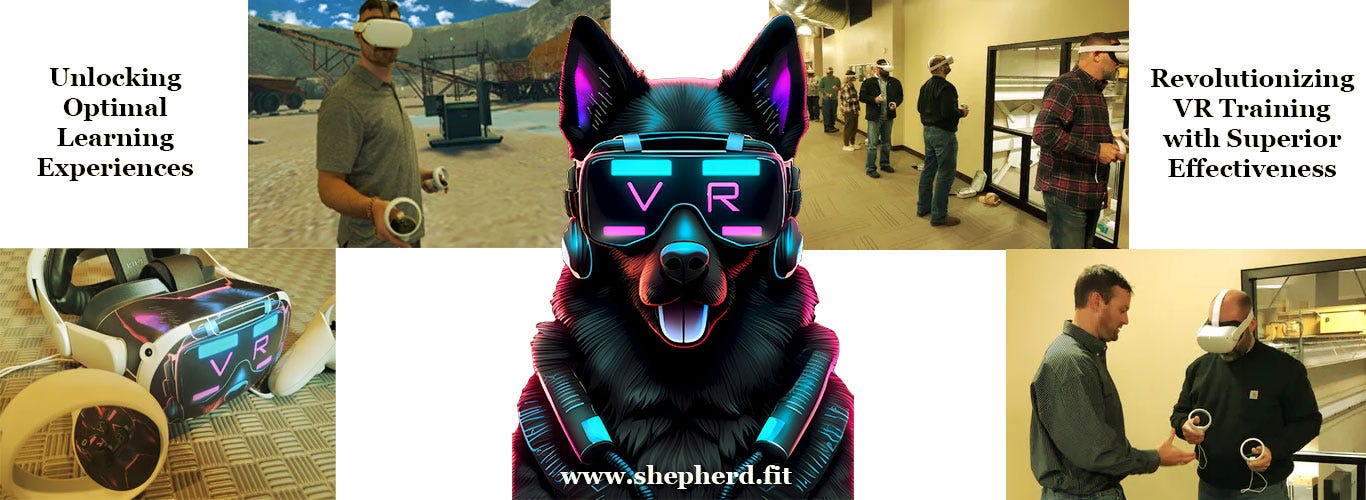

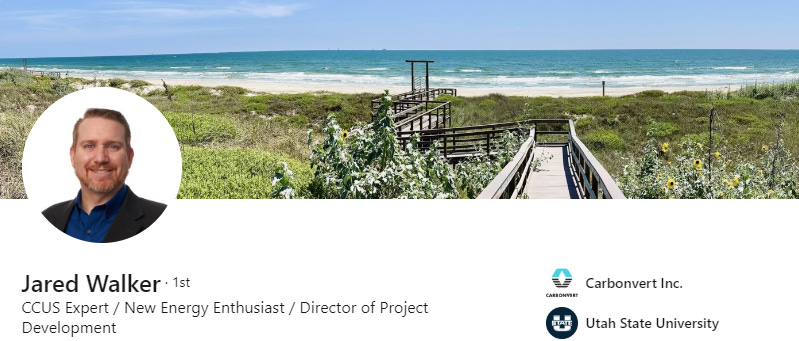
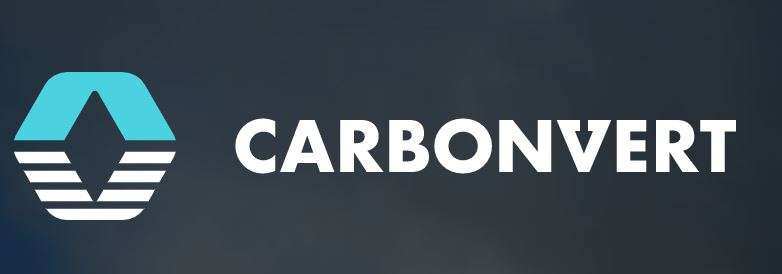

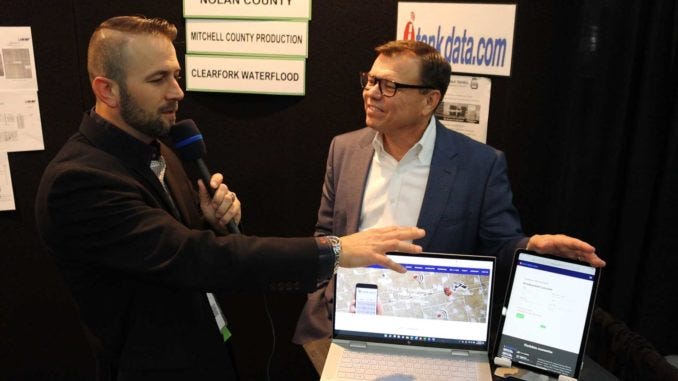



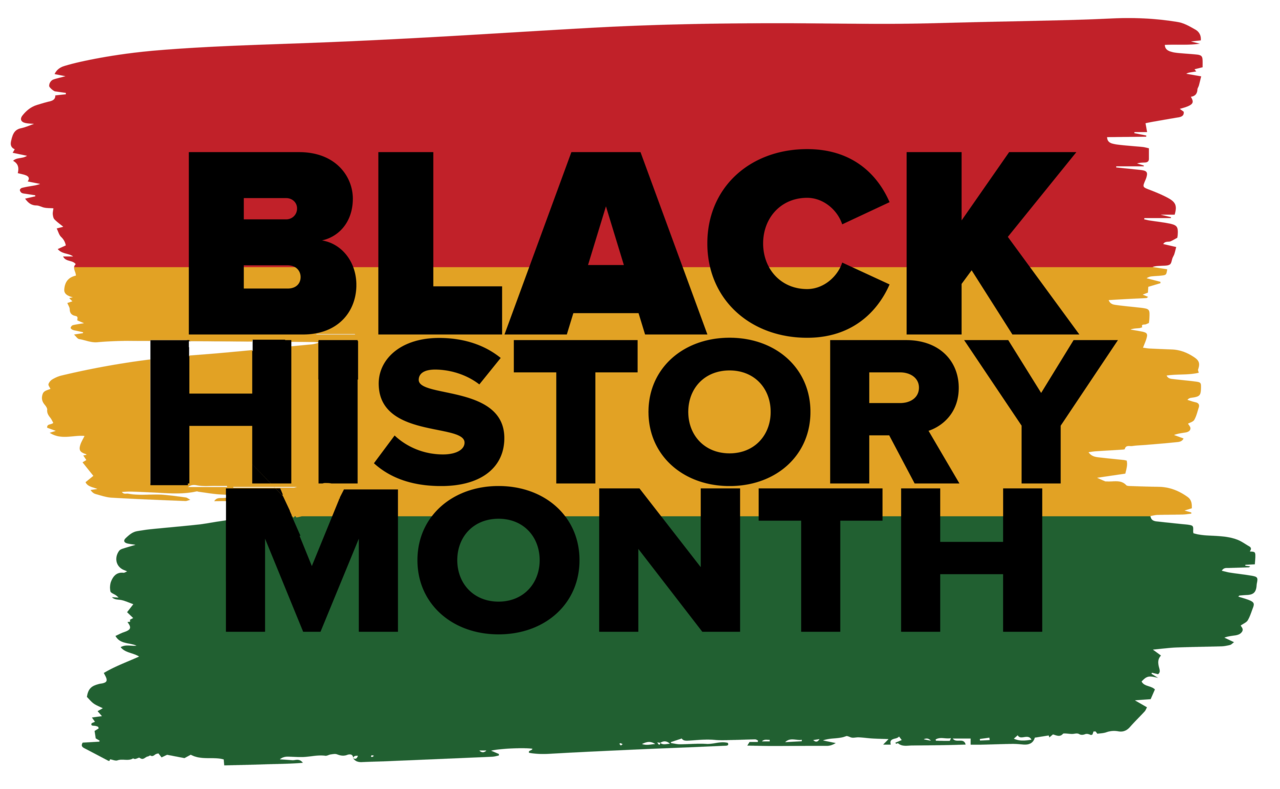















Share this post